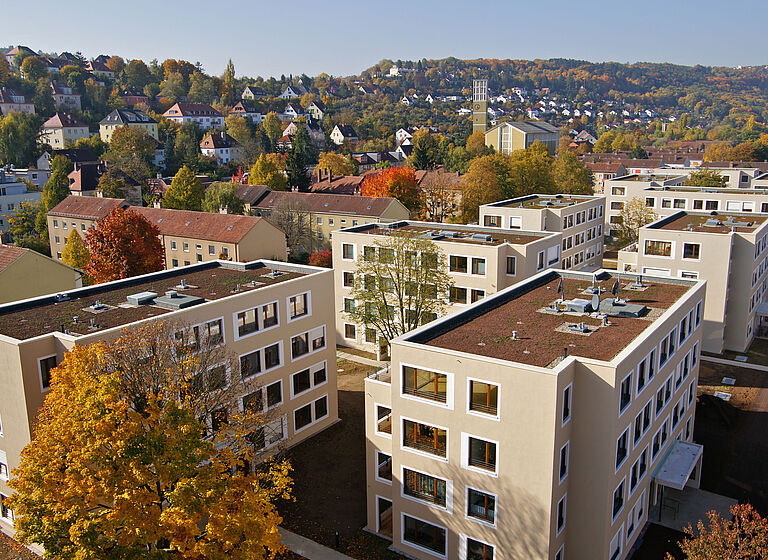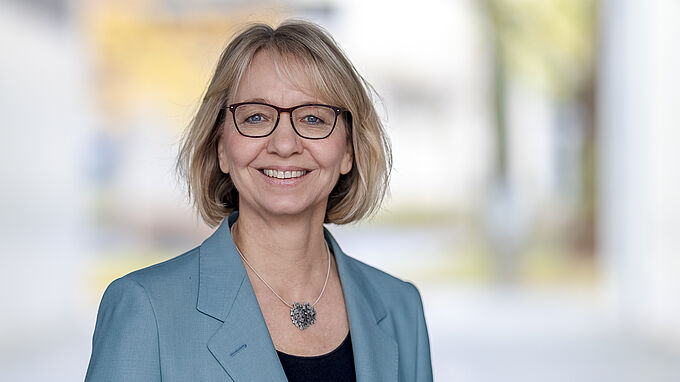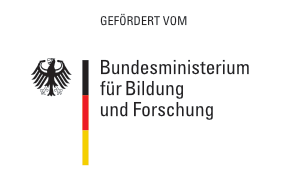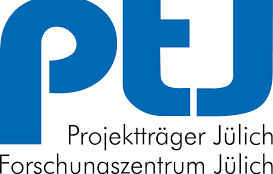
Image of residential quarters close to the city centre - ImiWo
Strategies for controlling neighbourhood images through health-promoting neighbourhood development as a cooperative task of the housing industry and urban development
About the project
Images of residential neighbourhoods can be very different: they range from the "upper-middle-class villa district" to the "creative scene district" to the "large housing estate on the outskirts of the city". The residents' internal view of their neighbourhood can differ significantly from the external view. In the BMBF-funded research project ImiWo, inner-city residential neighbourhoods were examined in which an image deterioration had taken place due to social, demographic and economic change and which are now characterised by a poor external image.
To achieve a long-term image improvement of a neighbourhood, a variety of actor constellations beyond urban development must be taken into account, as well as complex framework conditions and interrelated external and neighbourhood-inherent influencing factors. In integrated urban development concepts, the need for image enhancement is often mentioned, but neither integrated strategies nor comprehensive measures are behind the sometimes inflationary use of the term. Since the image of a residential location is decisive for its economic success from the point of view of the housing industry, there is great potential in inner-city residential neighbourhoods with one or a few housing companies to successfully influence an existing image through targeted strategies and measures from a single source.
ImiWo
Grant provider: Drittmittel-Forschungsprojekt des Bundesministerium für Bildung und Forschung (BMBF)
Project sponsor: PtJ - Projektträger Jülich, Forschungszentrum Jülich GmbH
Duration: 08.2012 - 12.2015
Research questions
Against the background described above, the following questions were answered in the research project:
- Which framework conditions, influencing factors and actors determine the formation of a neighbourhood image and to what extent? What role do housing companies and urban development play in this?
- What is the importance of health-promoting and energy-efficient neighbourhood development in shaping neighbourhood images?
- On which levels do a housing company have the potential to help shape the image of a neighbourhood (e.g. energy-efficient building stock, health-promoting living environment)?
- Which strategies, measures and instruments are effective and suitable for changing the image of residential neighbourhoods and promoting the neighbourhood image in an integrated approach or improving a negative neighbourhood image in the long term, taking into account the topics of health promotion and energy efficiency?
- Which international experiences can be used for the questions?
Target setting
The primary objective of the project was to evaluate strategies for upgrading the image of neighbourhoods with a specific focus on health-promoting and energy-efficient neighbourhood development. The focus of the project was on integrated approaches to image enhancement supported by the housing industry in cooperation with municipal urban development planning.
The case studies Mehringplatz in Berlin and Zellerau in Würzburg were used as examples to analyse neighbourhood images. To this end, the diverse and interrelated factors and actors that determine an image or different images of urban neighbourhoods were first examined. From this, the scope and potential for action for the housing industry was identified and implementation-oriented strategies for upgrading the respective neighbourhood images were developed. In the project, implementation steps were also tested and scientifically accompanied using selected measures in cooperation with the respective housing companies.
Project team
Former research associates
- Dipl.-Geogr. Patricia Berndt
- Dipl.-Ing. Viola Schulze Dieckhoff
- Sarah Mönchgesang, M. Sc.




